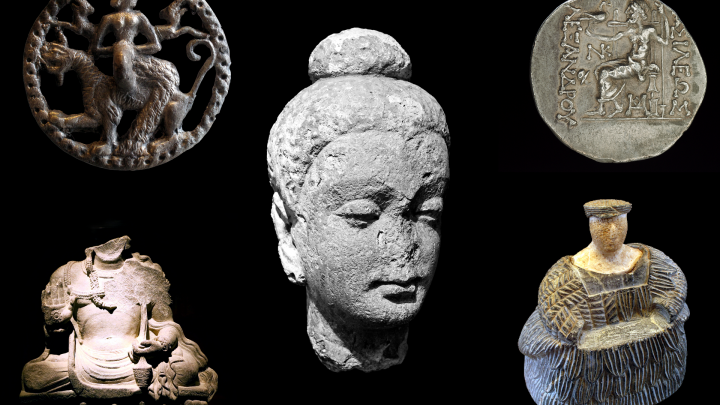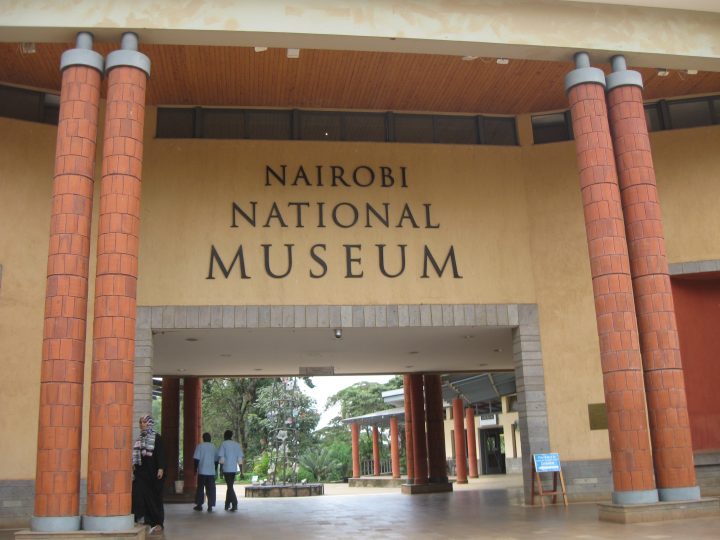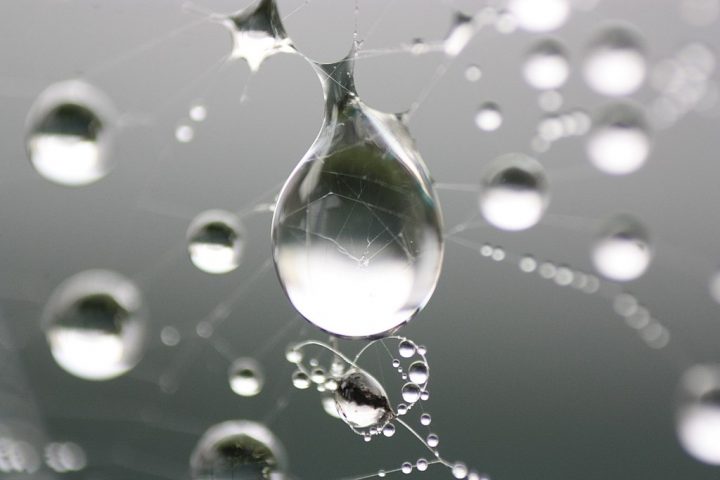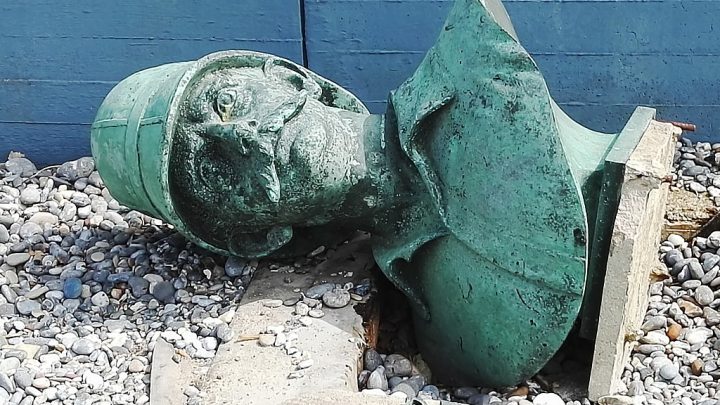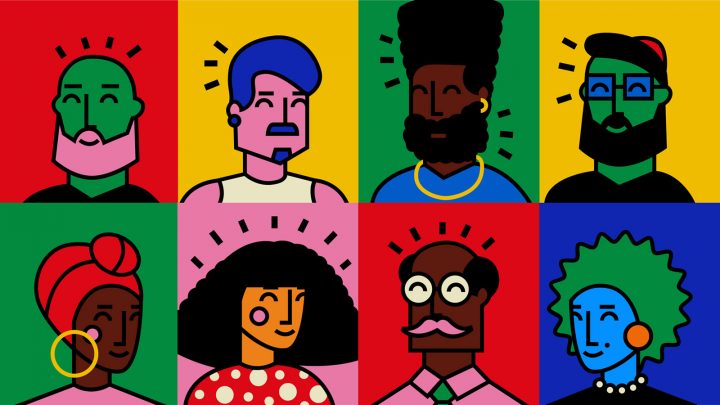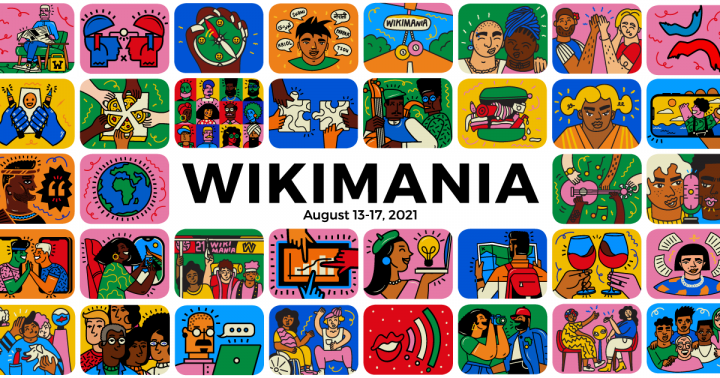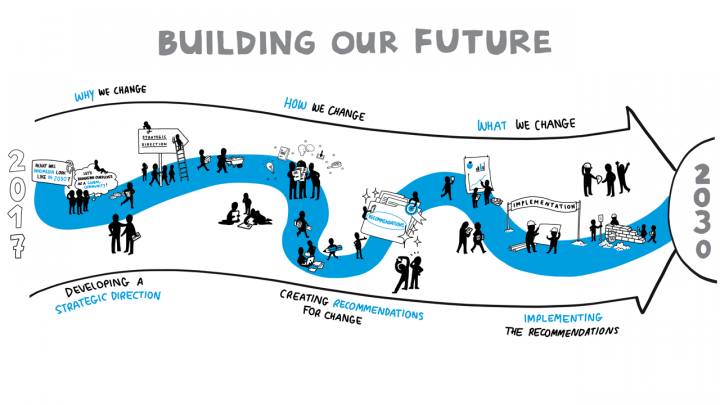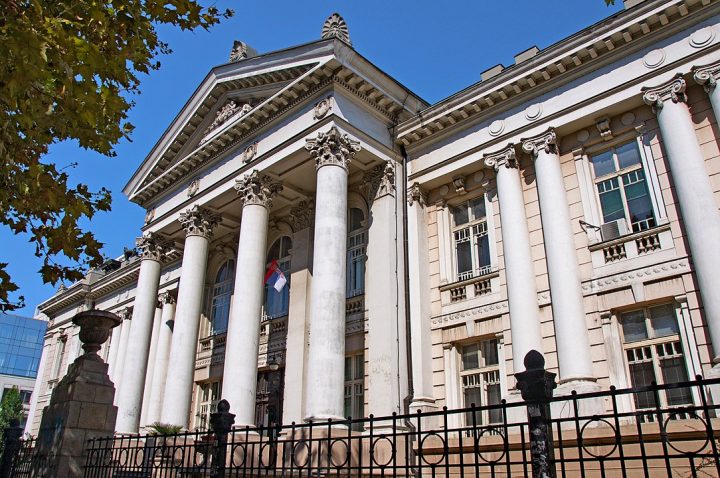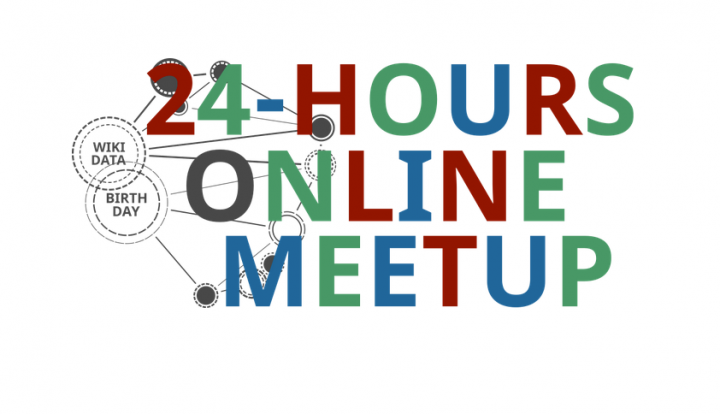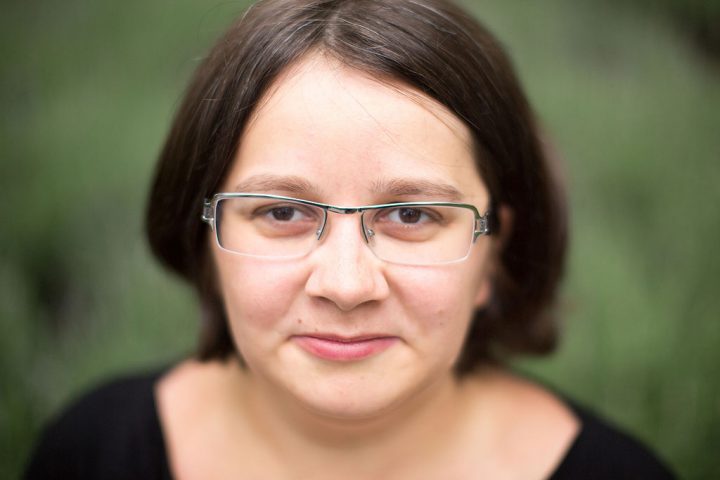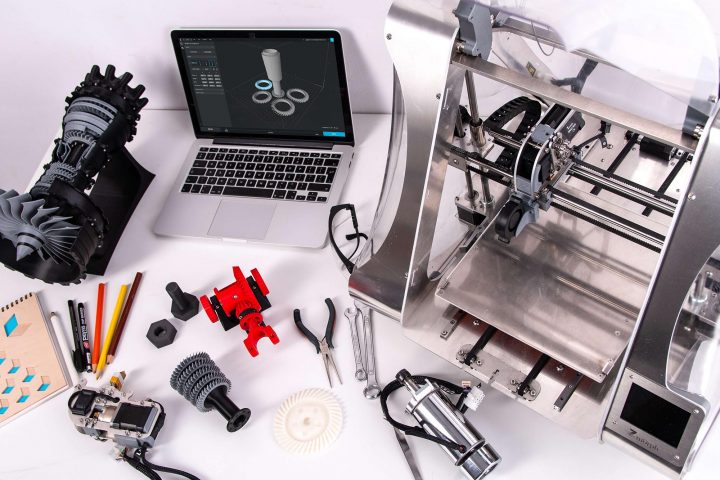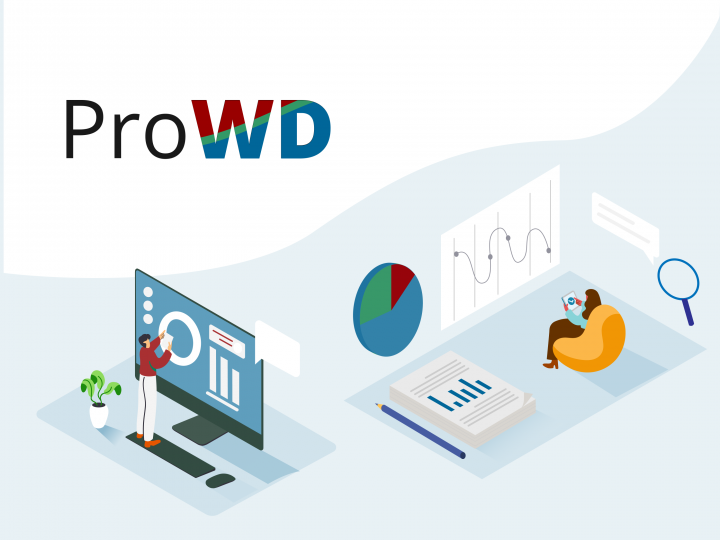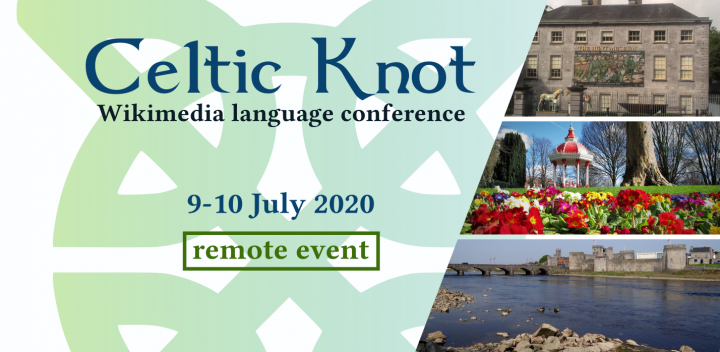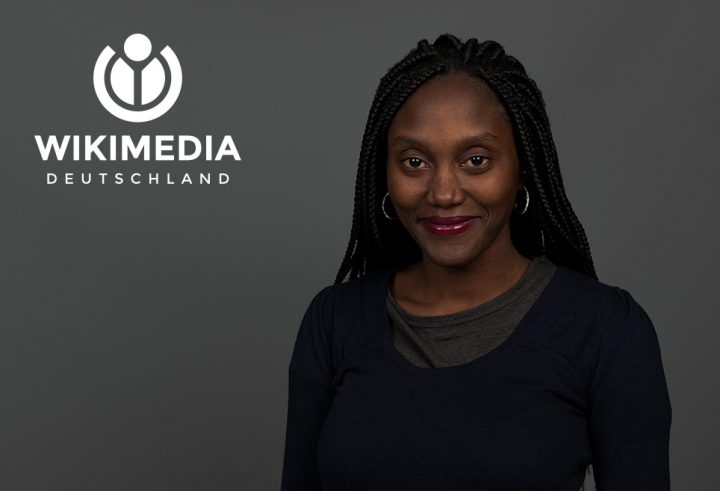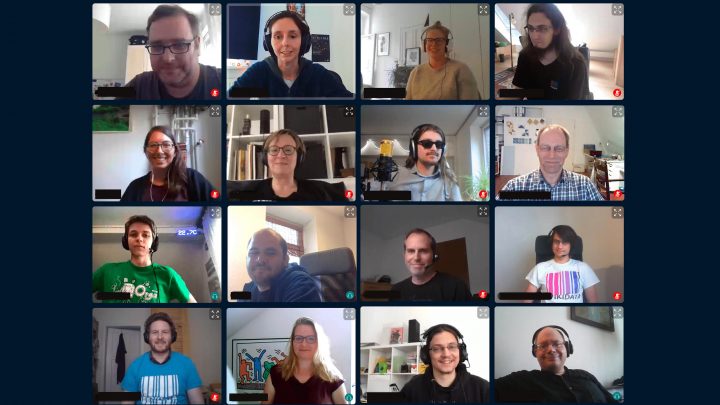Help protect Afghanistan’s cultural heritage – one Wikipedia entry at a time
Open and Fair! Questions on how to handle digital copies in collections from colonial contexts (Part 2)
Curated Commons/picsome: Start of the beta phase!
Open and Fair! Questions on how to handle digital copies of objects in collections from colonial contexts (Part 1)
Knowledge Equity – How to make Wikimedia more diverse, participatory and equitable
Get Ready for Wikimania 2021 – and Register NOW!
Movement Strategy Playbook – Creating a Manual for Global Collaboration
Wikipedia – a place for encounters and creativity, diversity and equality
picsome: free licenses facilitate free reuse
24 Hours of Open Data – The Wikidata Birthday Meetup
Wikidata turns eight – An interview with Lydia Pintscher
OPEN!NEXT creates new standard for open hardware
ProWD: Detecting Knowledge Imbalances on Wikidata
Celtic Knot 2020: Wikimedia’s language conference went digital
Visiting Wikimedian 2020 Alice Kibombo
Wikidata weekend: The community meets for virtual hacking
